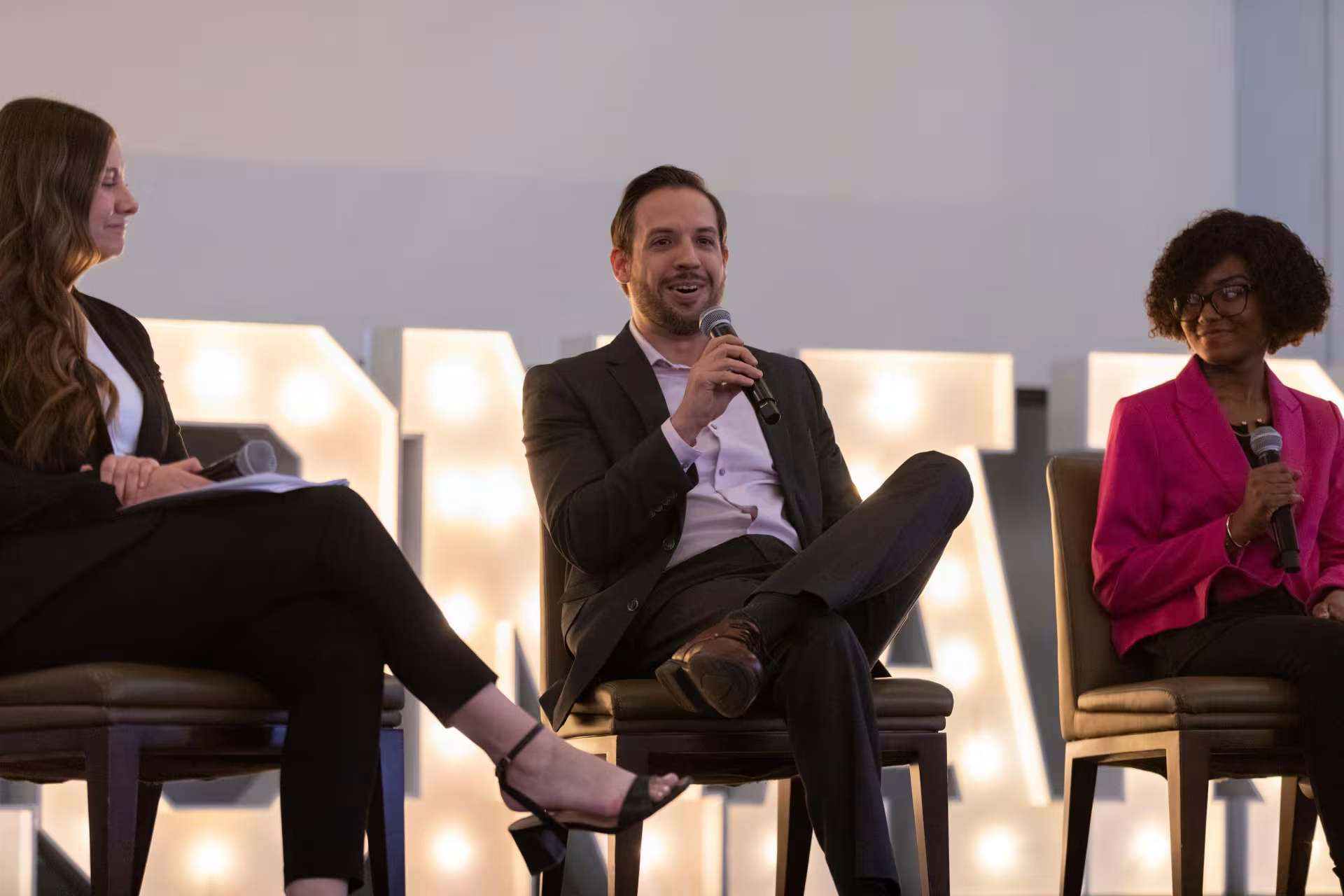Have you ever wondered about doctoral degree options? If you are considering an EdD, the following information will help you explore the possibilities this doctorate has to offer and give you the information you need to understand an EdD degree.
What Is an EdD Degree?
EdD stands for Doctor of Education. This type of degree is practitioner focused and carries a high level of prestige in the education field. Like all doctoral degrees, it can open up increased opportunities for career growth. There are many types of degrees under the EdD heading. Each of these degrees provides a path to different career opportunities and distinguished positions.
What Are Some EdD Degrees?
Organizational Leadership Doctorate in Higher Education
An EdD in Organizational Leadership: Higher Education Leadership gives learners the background they need to attain leadership positions in universities and higher educational institutes. Not only do these degrees teach vital leadership skills, but they also teach how to improve the functioning of educational institutes and put ideas into action. Classes in this program include Governance and Structures in Higher Education, Leading Across Cultures, and others, as well as dissertation-based courses. This EdD degree is suited for those interested in careers in the educational world.
Organizational Leadership Doctorate With Christian Ministry Emphasis
Similar to an organizational leadership doctorate in higher education, an EdD in Organizational Leadership with an Emphasis in Christian Ministry prepares learners to achieve leadership positions in their respective fields. This degree, however, focuses specifically on Christian ministry and helps prepare learners to be leaders of organizations or key directors in churches as well as to follow many similar career paths.
Organizational Leadership Doctorate in Health Care Administration
For those who have an interest in healthcare, an EdD in Organizational Leadership Doctorate in Health Care Administration could be a very helpful path to consider. One of the focuses of this EdD degree program is ethics in healthcare administration, which is an important part of being a good leader.
Doctor of Behavioral Health in Organizational Leadership
An EdD in Behavioral Health in Organizational Leadership is an EdD degree is designed to help learners better understand behavior and why people act the way they do. This allows for career opportunities in leadership positions or in positions relating to behavior health such as therapy or social work.
EdD Degree in K-12 Organizational Leadership
If you aspire to be a leader in the educational world, specifically in a K-12 environment, an EdD in K-12 Organizational Leadership is worth considering. In this doctoral program, an emphasis is placed on developing skills that define a good leader in an educational setting. There are various career options available with this degree, including administrator or director of an educational institution.
Doctor of Education in Teaching and Learning: Adult Learning
Similarly to an EdD in K-12 Organizational Leadership, a Doctor of Education in Teaching and Learning: Adult Learning prepares learners to lead effectively in an educational institution. However, this degree focuses on adult education rather than a K-12 environment. The coursework for an adult education degree explores theories of learning and teaching and prepares learners to write their dissertations.
Qualitative and Quantitative EdD Degrees
There are many other EdD programs to explore that provide learners with skills and knowledge that help them achieve their academic and career goals. Each degree entails different courses and a different areas of study. There are also various options to consider within each degree program, such as the choice between a qualitative or a quantitative degree and method of study. Qualitative research focuses on thought processes and patterns while quantitative relates to numerical data. Selecting online or evening classes is another aspect of choosing the doctoral degree program that works for you
What Are the Benefits of an EdD Degree?
One benefit to earning an EdD degree is the boost to your career. Employers are impressed by prospective employees who have taken the time to complete a doctoral program and acquire the extra knowledge and experience it provides. The respect accrued by finishing an EdD program is earned by the time and effort devoted to meeting all the benchmarks. EdD degrees also help people become better leaders and learners in their respective fields. This means that an investment made in such a degree is an investment in knowledge.
Considering an EdD degree? Grand Canyon University has EdD options to help you reach your goals. To discover more about the doctoral degree offerings, click Request Info above.






